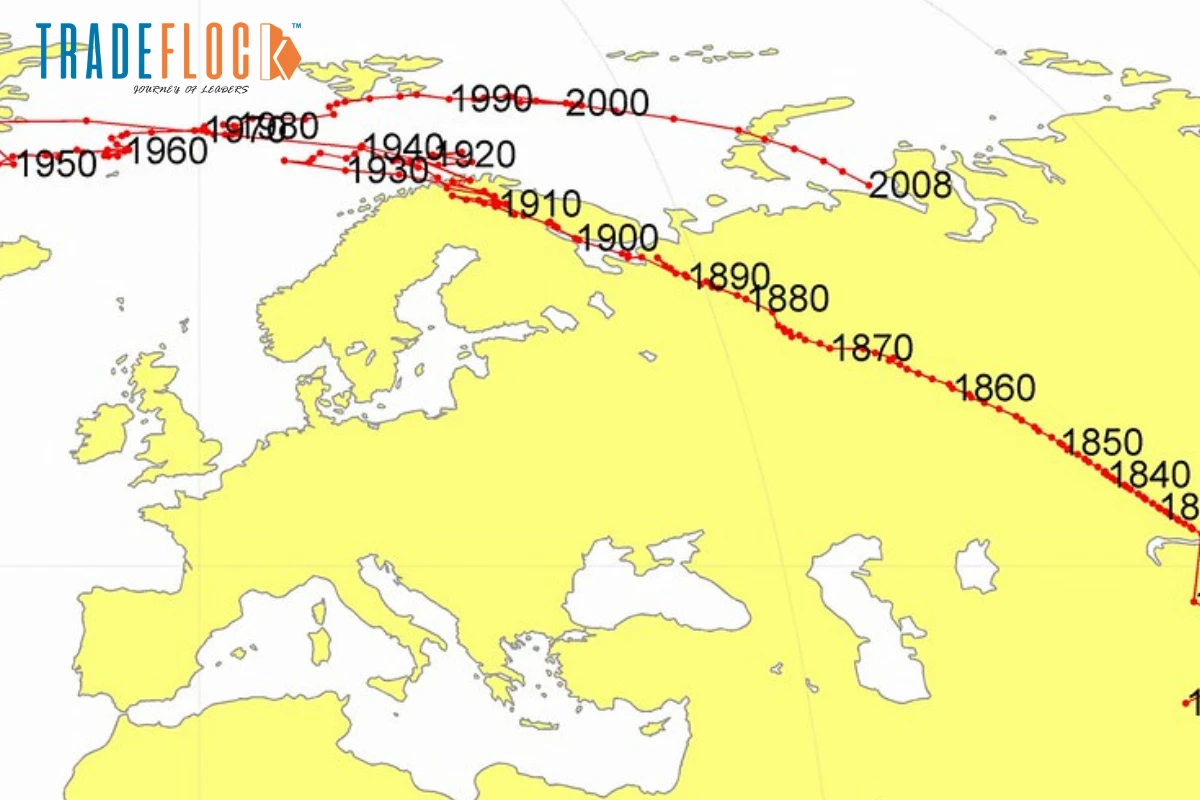The current predicament between European countries has outlined the emergence of Asia as a global economic powerhouse. As the crisis is taking a toll, the world powers are beginning to separate hopelessly. The massive division between the US, Russia, the EU, and other European countries creates an environment where no one can depend upon anyone else. Due to the recent crisis, the relationship between all these countries has become more complex than easing off. Numerous dynamic economies in the region yield growth outcomes to pull the world economy out of recession. China and India are leading the way in empowering the world economy and becoming epicenters among policymakers and world leaders. The shift in economic and global geopolitical power [is] coming a little more towards the East,” said Nicolas Aguzin, CEO of Hong Kong Exchanges and Clearing (HKEX), during a panel discussion on how Asia will redefine global financial leadership.
As per the IMF eLibrary report, “within five years, Asia’s economy (including New Zealand and Australia) will be about 50% larger than it is today. By 2030, Asian gross domestic product (GDP) will exceed that of the Group of seven major industrial economies (G-7).”
The present crisis is not unique; McKinsey Global Institute has identified many other periods of disruption since 1945. The changing geopolitical landscape and Asia’s ascent on the global stage are driving regional economies to collaborate more closely, as leaders said at the first FII Conference held in Hong Kong. The statement highlights that Asia will represent a more significant proportion of the world and create an environment where people will revise their portfolios and think about how they will invest in the geopolitical context.
For decades, western powers evangelised a type of globalisation that greatly benefited them. As Asian economies realized the unjust rules and ongoing crisis, they revolted. When Asian countries asked to have equal access to their markets, western powers used the World Trade Organisation (WTO) to attack protectionism in emerging markets for decades. Despite this, emerging economies like India, China, Brazil, Japan, and the Philippines have created economic strengths that could rival or intimidate the control of Western countries. The trade war between China and the US is a significant symbol of this shift. You see, China is making way for emerging economies to follow and become a focal point in the world economy.
As per McKinsey Global Institute, “Asia is now a leading player in all five domains: world trade, technology platforms, demographic forces, capitalisation, and resource and energy systems.” Such a leading position allows Asia to influence and shape a new era for its economies and the world.
According to Victor Fung, chairman of Fung Group, a Hong-based multinational conglomerate, “Asia makes up 52 percent of the growth in technology revenue, 43 percent of global start-up funding and 88 percent of patents filed, according to Rumayyan, data that underscored how the “economic centre of gravity” is moving towards Asia.”
In recent years, India’s economy has also become a primary source of global growth. This ensures that the centre of gravity continues to move more deeply into Asia over the next 50 years. According to the World Bank Report 2023, “India was one of the fastest-growing major economies in FY 22-23 at 7.2%. India’s growth was the second highest among G20 countries and almost twice the average for emerging market economies.”
To remain resilient in the global economy, Asian countries must develop a new collaboration framework, allowing healthy competition and collaboration. As per the International Monetary Fund (IMF), Asia is projected to grow by around 5.2%, accounting for nearly two-thirds of global growth. Calculations by authors Homi Kharas and Kristofer Hamel suggest that the middle-class market in China and India in 2030 will account for $14.1 trillion and $12.3 trillion, respectively. The connotation is clear that Asia will lead the world’s consumption and set the tone for economic growth worldwide.





